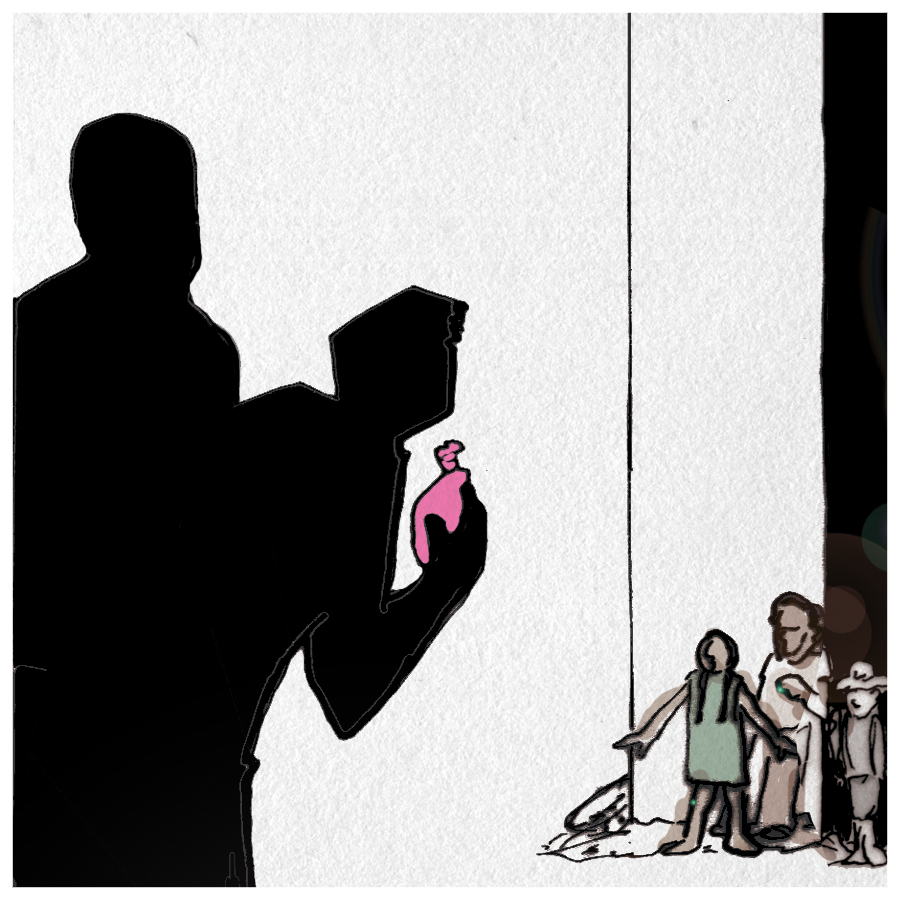Jessica Jones is the only show with the guts to ask the tough questions about mind-controlling supervillains. Like, what if they mind controlled everybody to kill themselves unless you left them alone? You’d be screwed, right?
I thought the Purple Man was really scary. Way scarier than he was in the comics.
And that’s not just because I have a blonde daughter.
Marvel has made the transition to television in glorious style. The spirit which once animated the superhero comics of the world has well and truly fled to live-action television. That leaves the rest of us still left behind in the comics world as a society avante-garde artists, like jazz musicians after the kids started listening to all that rock and roll, and that I have no problem with.
Comic books are not a genre, they are a medium. Their utter dominance by superhero stories in the United States is an interesting conundrum, because it simultaneously inflates that genre and belittles this medium. However, the genre of the superhero is essential, and I’m glad comics perfected it.
It’s a power fantasy.
It’s a really complex, multi-generational power fantasy, and it is tremendously bound up in our American identity. In this country the genre, the medium, the industry and the nation all get mixed up together.
Comics is not a perfect predictor of the future. Although they’ve been rabidly inclusive and multiracial for decades, the field was decidedly retrograde on feminist issues all the way up until the late 90s. It still doesn’t have a great relationship with homosexuality and transgender issues. In some ways the comics bust of 1994 prefigured other, larger industry implosions such as the death of the music industry, the end of the book store and the 2008 housing market collapse. And then, in other ways, it didn’t. I’m not an economist so I can’t prove to you what means what. I draw comic books, and I can tell you about how Marvel came to the screen.
It’s a big topic. This is part of getting started.
